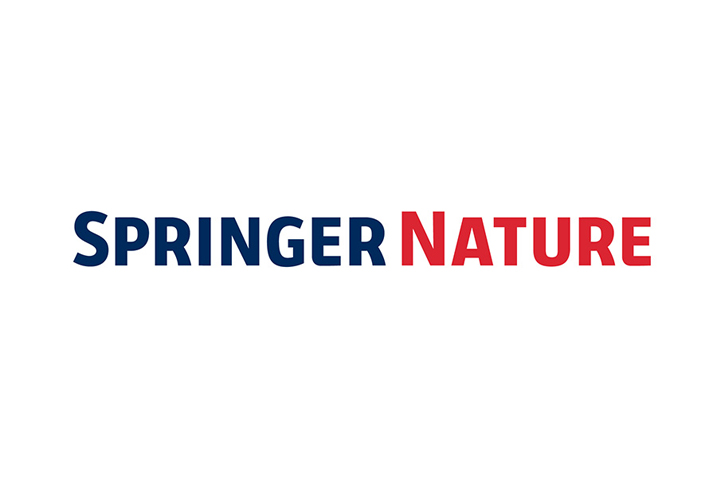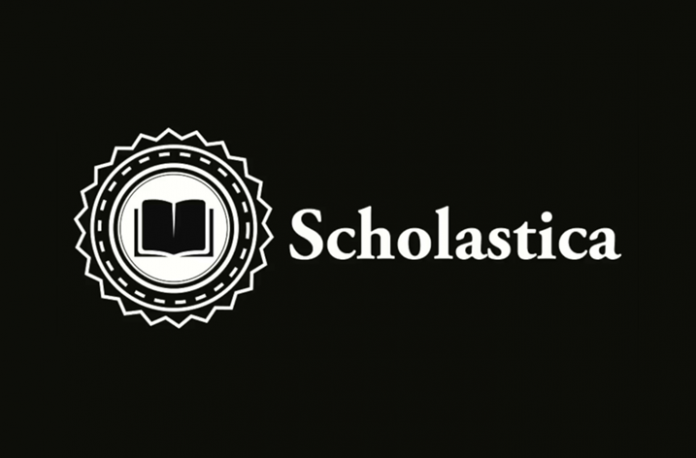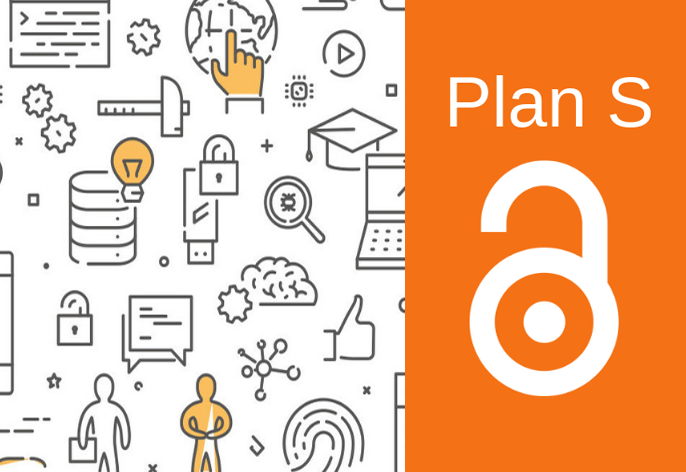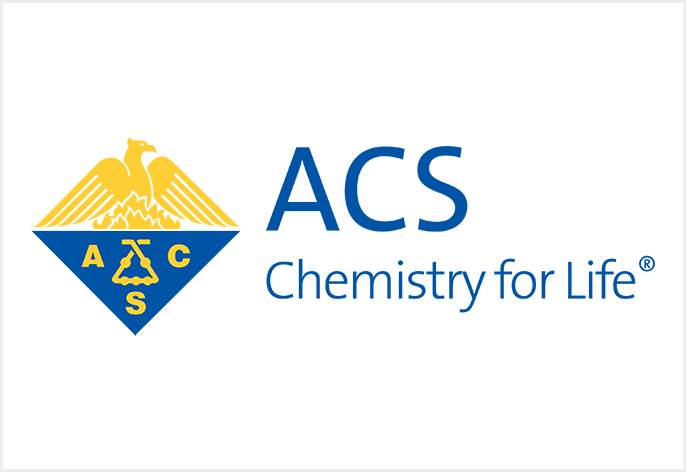As part of the new agreement, Frontiers will join the WEF’s Centre for New Society and Economy and will champion open science across the network. Supporting global initiatives in the field, Frontiers will work with its WEF partners to share and promote the evidence-based benefits of open science and to influence global thinking on its positive impact on society.
Kamila Markram, Frontiers’ chief executive officer said: ‘our track record of collaboration with the World Economic Forum is one that we have long valued and becoming a Platform Partner is a natural transition for us. We share a common vision on how to address the challenges faced by society and I look forward to combining our efforts in support of this.’
As a Platform Partner, Frontiers will actively participate in the WEF’s network, embedding its expertise within the Forum’s knowledge communities and taking an active role in dialogues and summits. This will build on Frontiers’ previous work with the WEF, which includes the curation of their transformation map on quantum computing, providing an RSS feed to integrate content into the classification engine supplying information to the map.
Martina Szabo, head of knowledge communities at the World Economic Forum said: ‘it is more important than ever to identify and promote innovative and cutting-edge thinking if we are to address numerous economic, social, environmental, industry and technological challenges. Our exciting new partnership will feed valuable insights and expertise into global initiatives across the Forum, particularly for the Centre for the New Economy and Society, that aims to shape prosperous, resilient, and equitable economies and societies that create opportunity for all.’
Anna O’Neil, partner engagement lead at the World Economic Forum added: ‘we are delighted about this partnership and look forward to developing our collaboration, which will bring valuable insight and expertise to many of our global initiatives.’
The partnership, which formally began in November 2022, will initially run until the end of October 2025.































